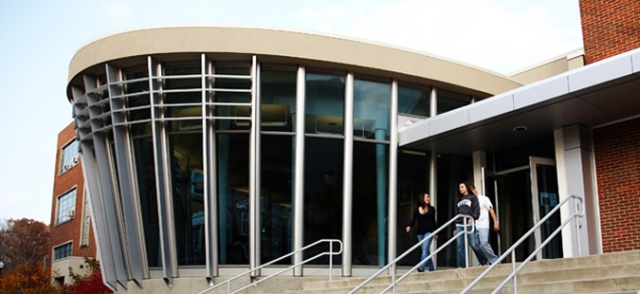Insights into Regeneration Tool Box: An Animal Approach
Document Type
Article
Publication Date
9-2019
Publication Source
Developmental Biology
Abstract
For ages, regeneration has intrigued countless biologists, clinicians, and biomedical engineers. In recent years, significant progress made in identification and characterization of a regeneration tool kit has helped the scientific community to understand the mechanism(s) involved in regeneration across animal kingdom. These mechanistic insights revealed that evolutionarily conserved pathways like Wnt, Notch, Hedgehog, BMP, and JAK/STAT are involved in regeneration. Furthermore, advancement in high throughput screening approaches like transcriptomic analysis followed by proteomic validations have discovered many novel genes, and regeneration specific enhancers that are specific to highly regenerative species like Hydra, Planaria, Newts, and Zebrafish. Since genetic machinery is highly conserved across the animal kingdom, it is possible to engineer these genes and regeneration specific enhancers in species with limited regeneration properties like Drosophila, and mammals. Since these models are highly versatile and genetically tractable, cross-species comparative studies can generate mechanistic insights in regeneration for animals with long gestation periods e.g. Newts. In addition, it will allow extrapolation of regenerative capabilities from highly regenerative species to animals with low regeneration potential, e.g. mammals. In future, these studies, along with advancement in tissue engineering applications, can have strong implications in the field of regenerative medicine and stem cell biology.
Inclusive pages
111-129
ISBN/ISSN
0012-1606
Publisher
Elsevier
Volume
453
Peer Reviewed
yes
Issue
2
eCommons Citation
Mehta, Abijeet Singh and Singh, Amit, "Insights into Regeneration Tool Box: An Animal Approach" (2019). Biology Faculty Publications. 252.
https://ecommons.udayton.edu/bio_fac_pub/252
COinS




Comments
The authors thank Dr. Katia Del Rio-Tsonis, Dr. Madhuri Kango-Singh, Dr. Deepika K. Sodhi, and Aditi Singh for critical comments on the manuscript. ASM is supported by the Graduate Program in Biology. This work and AS is supported by the National Institute of General Medical Sciences (NIGMS)-1R15GM124654-01, Schuellein Endowment Fund, STEM Catalyst Grant from the University of Dayton and start-up support from the University of Dayton.